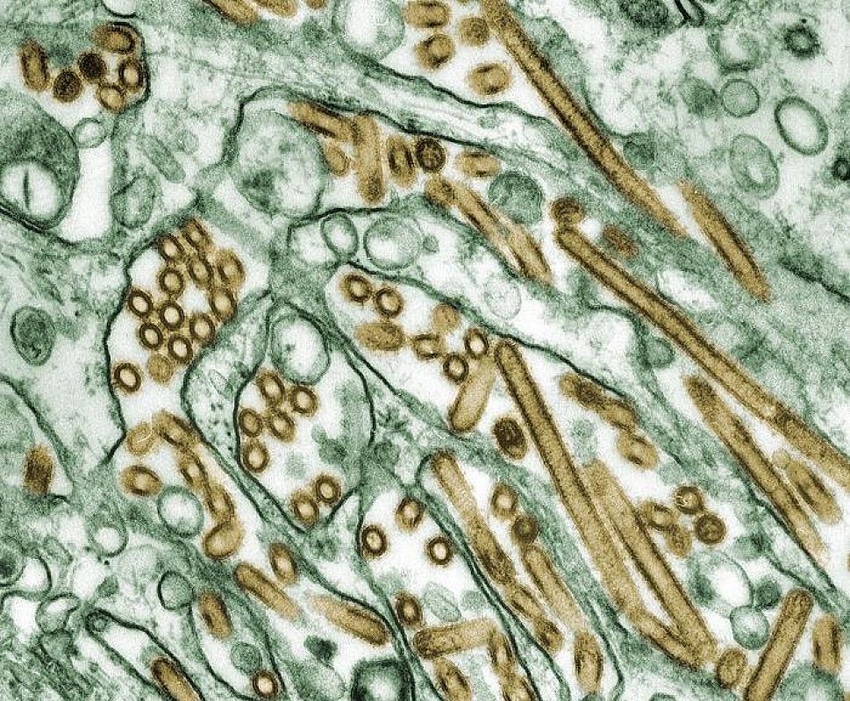Funding pause dates back to October 2014 on certain experiments involving influenza, SARS and MERS.
December 19, 2017

The National Institutes of Health (NIH) announced that it is lifting a funding pause dating back to October 2014 on gain-of-function (GOF) experiments involving influenza, severe acute respiratory syndrome (SARS) and Middle East respiratory syndrome (MERS) viruses.
GOF research examined which potential viral mutations were necessary to make the diseases more pathogenic and/or transmissible, but the research is often considered highly risky if a mutated virus were to escape the laboratory and enter the broader human population.
"GOF research is important in helping identify, understand and develop strategies and effective countermeasures against rapidly evolving pathogens that pose a threat to public health," NIH director Dr. Francis S. Collins said. "The funding pause was lifted in response to today’s release of the Department of Health & Human Services 'Framework for Guiding Funding Decisions about Proposed Research Involving Enhanced Potential Pandemic Pathogens' (HHS P3CO Framework). The HHS P3CO Framework describes a multidisciplinary review process involving the funding agency and a department-level review group that considers the scientific merits and potential benefits of the research as well as the potential to create, transfer or use an enhanced potential pandemic pathogen. This framework formalizes robust oversight for federally funded research with enhanced pathogens of pandemic potential. It is the product of an extensive deliberative process undertaken by experts throughout the public and private sectors."
The HHS P3CO Framework is intended to guide agency funding decisions on proposed research that is reasonably anticipated to create, transfer or use enhanced potential pandemic pathogens (PPPs). A PPP is any pathogen that satisfies both of the following: (1) it is likely highly transmissible and likely capable of wide and uncontrollable spread in human populations, and (2) it is likely highly virulent and likely to cause significant morbidity and/or mortality in humans.
An enhanced PPP is defined as a PPP resulting from the enhancement of the transmissibility and/or virulence of a pathogen.
The HHS P3CO Framework ensures multidisciplinary, department-level pre-funding review and evaluation of proposed research meeting the scope of the framework, NIH said. The HHS P3CO Framework can be viewed here.
You May Also Like


.png?width=300&auto=webp&quality=80&disable=upscale)
